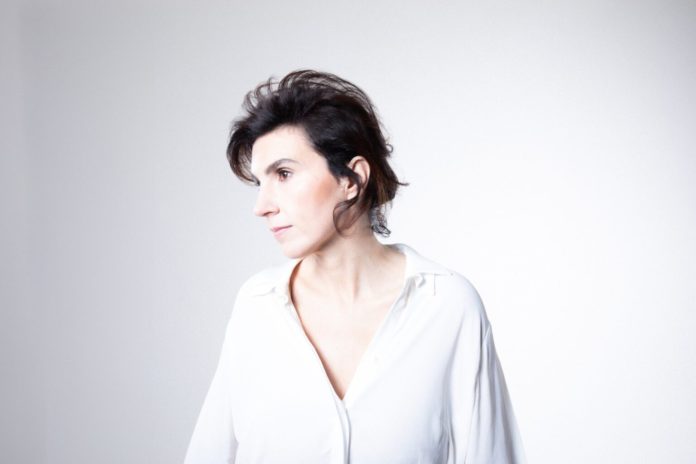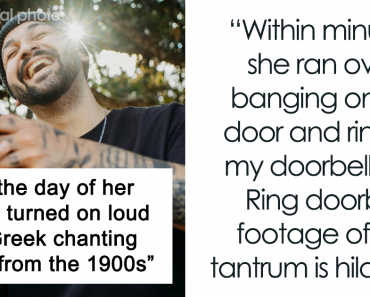Whether Johann Sebastian Bach, Frédéric Chopin, Philip Glass, or Arvo Part, the works of these composers have inspired Olivia Belli, one of the most captivating voices in the neoclassical scene. Equally, art and literature open new worlds for her, fueling her creativity as a composer. The starting point for her album Daimon, to be released on February 20th by Sony Classical, was Homer’s Odyssey.
The idea that every life is essentially a journey, one that inevitably leads us toward our true purpose, deeply fascinated the Italian artist from the picturesque Marche region. From this concept emerged the piano concerto Daimon – recorded with a string orchestra and inspired by Italian Baroque music. It consists of three movements: The Departure, The Journey, and The Return. The second movement, The Journey, stands out in particular. It reflects the trials, hardships, and suffering faced not only by Odysseus but also by Olivia Belli herself on her path to catharsis. These emotional highs and lows unfold in strikingly epic soundscapes.
Belli consciously wove her own biography into the concerto. Daimon spans her life from adolescence to the present. As the daughter of a bank manager, she moved frequently as a child. Despite discovering exciting cities, she always felt something was missing – though she couldn’t quite name it.
That changed at age 14, when an accident left her bedridden for several months:
“During that time, I was thrown back on myself. With no distractions, I realized what I truly needed: music and nature.”
She had reached the point Socrates once described: “You must know who you are before you go out into the world.” In other words, Belli had found what the Greek term “daimon” expresses – her calling. Since then, she has never lost sight of her purpose.
Belli studied with distinguished pianists and pedagogues, including Alexander Lonquich, Jörg Demus, Franco Scala, and Piero Rattalino, and also pursued composition studies, enriching her artistic identity. She has performed at acclaimed events such as the Piano Nights in Amsterdam, the Montreal Jazz Festival, and the Steinway & Sons Piano Series at the Royal Albert Hall (Elgar Room). Belli has also composed works for various artists, including Norwegian violinist Mari Samuelsen, French cellist Gautier Capuçon, and British organist Anna Lapwood.
Above all, she has continually embarked on sonic explorations for her own recordings – often inspired by nature or Greek mythology. Her latest creative phase, especially with the piano concerto Daimon, has produced something truly exceptional for a neoclassical artist. Rather than relying on force and orchestral grandeur, this work calls for sensitivity – expressed in Olivia Belli’s unmistakable musical language. She favours gentleness, nuanced emotion, and pastel tonal colours.
Following Daimon, her recording continues with the Ithaca Suite, another musical journey into ancient Greece. This piece portrays the characters Odysseus encounters upon his return – including his father Laertes and his son Telemachus. In these Rencontres, cellist Raphaela Gromes, violinist Eldbjørg Hemsing, and saxophonist Jess Gillam shine as guest musicians. Belli not only contributes her musical signature but also embraces the collaborative spirit with her fellow artists. Her openness to shared creative processes and her refined sense for musical dialogue make her a sought-after partner, both as a pianist and composer. This artistic connection is also reflected in Belli’s own compositions, where she interweaves personal themes with universal emotions.
Odysseus’ wife Penelope is honoured by Belli with a piano solo at the heart of the Ithaca Suite, its melody gently oscillating between melancholy and hope.
The album concludes with a sonata that openly reveals its unpretentious beauty: the Sonatina for Nausica. Nausicaa was the daughter of the Phaeacian king. She did not shy away when she found the shipwrecked Odysseus on the shore, but instead offered him clothes and food.








